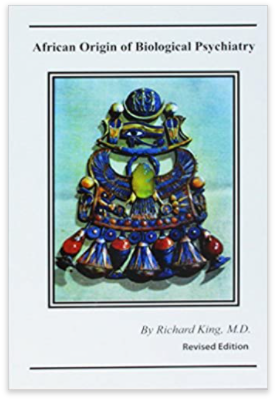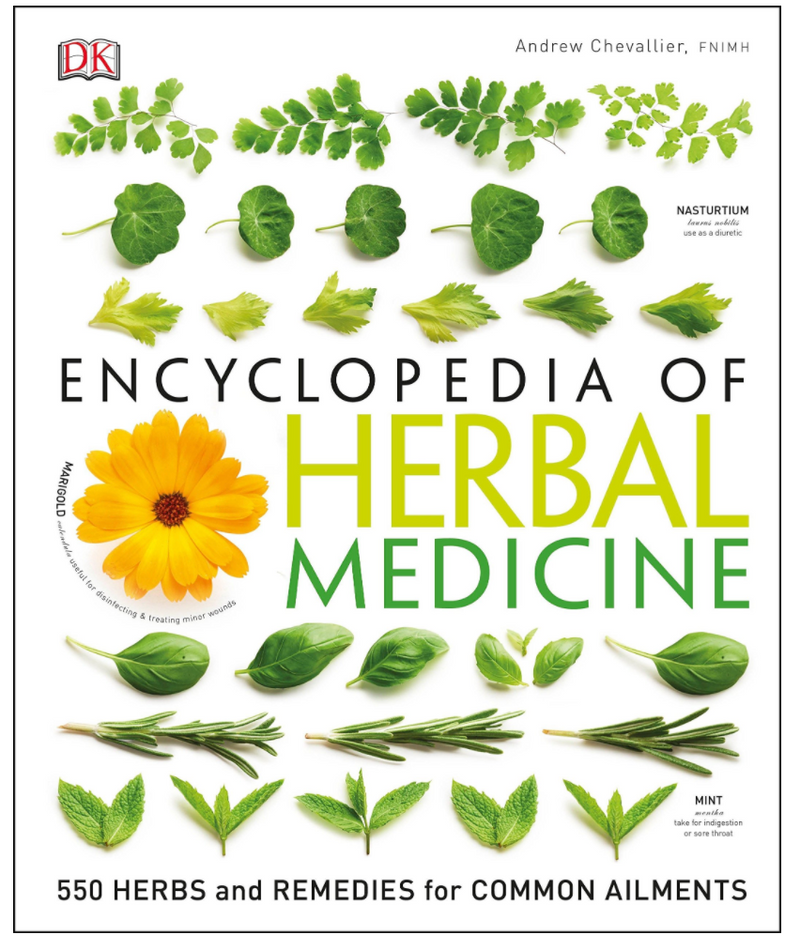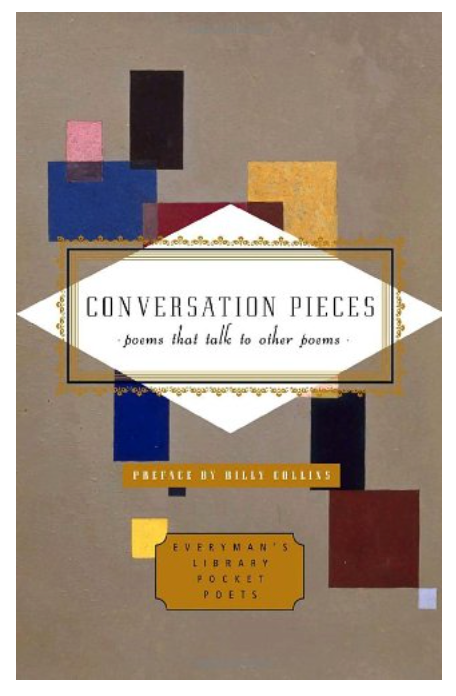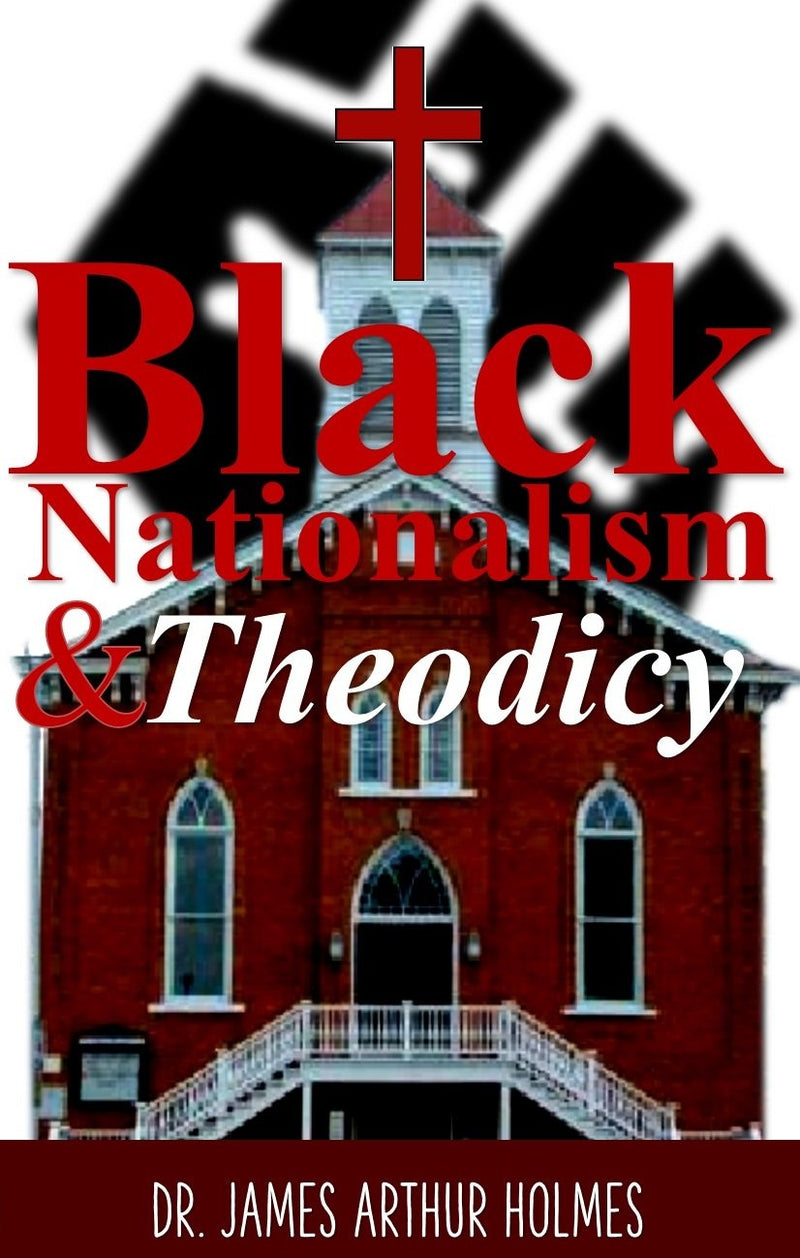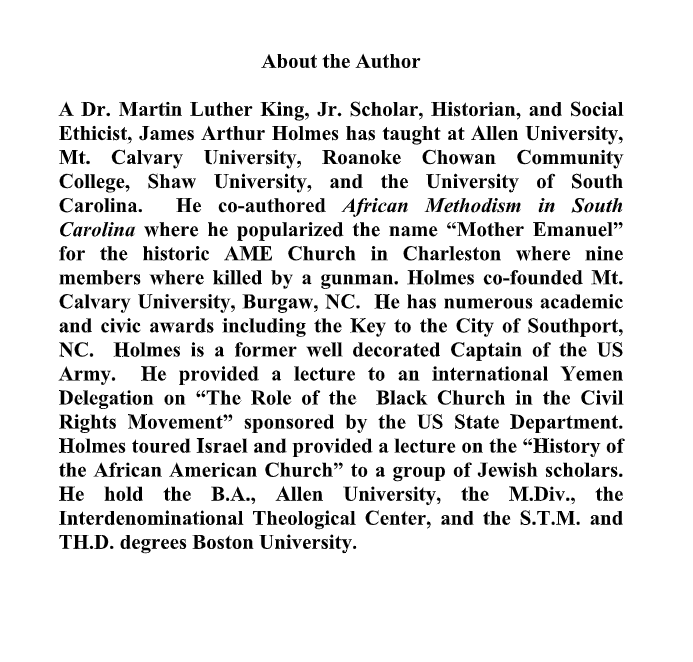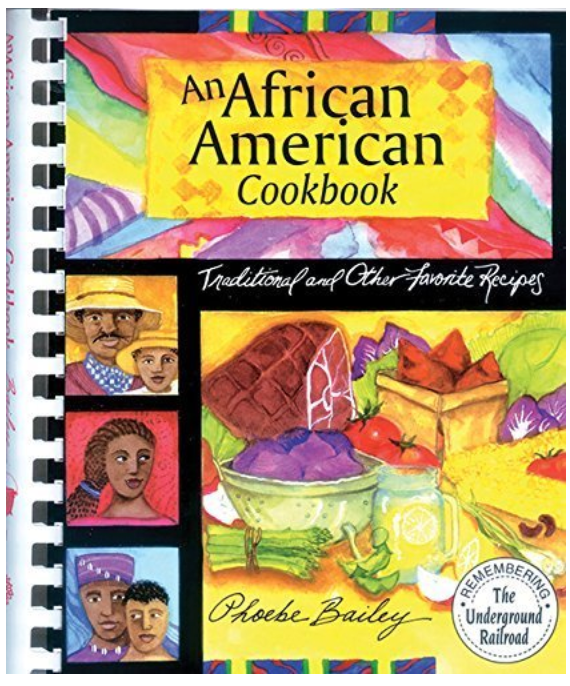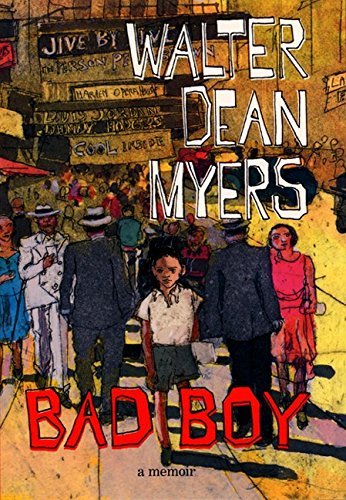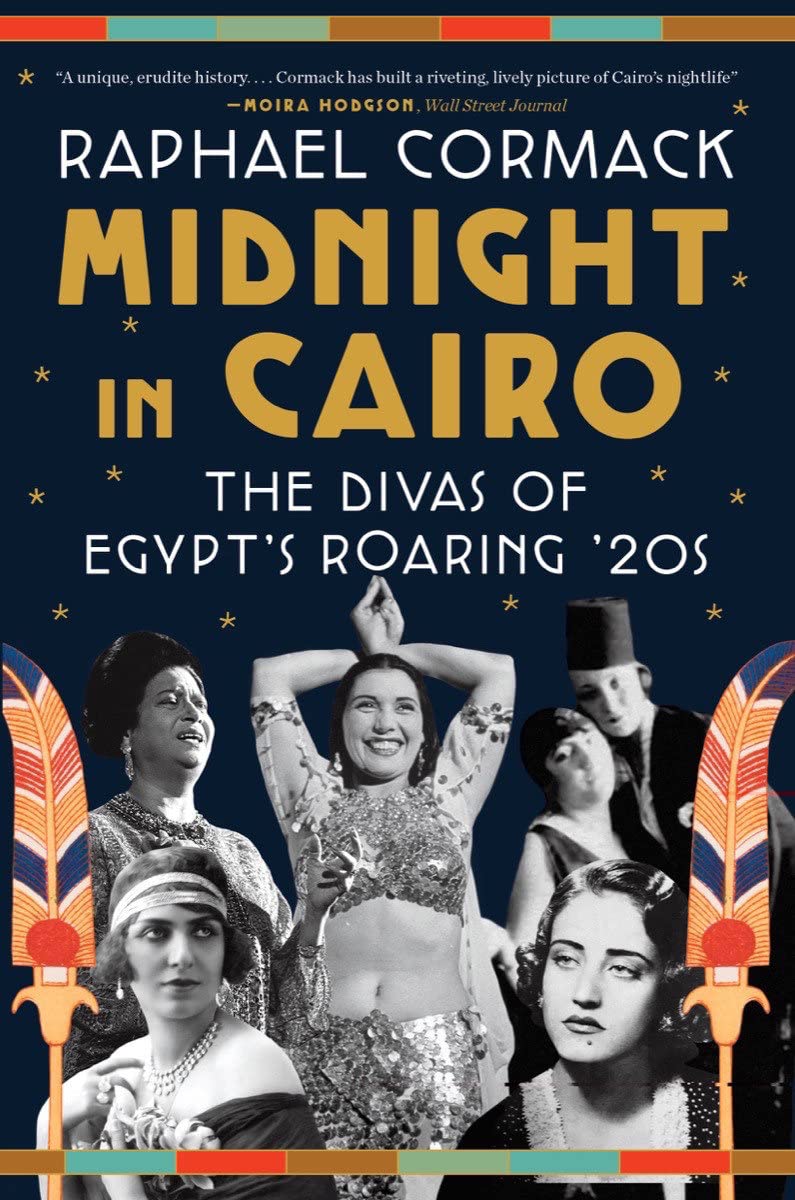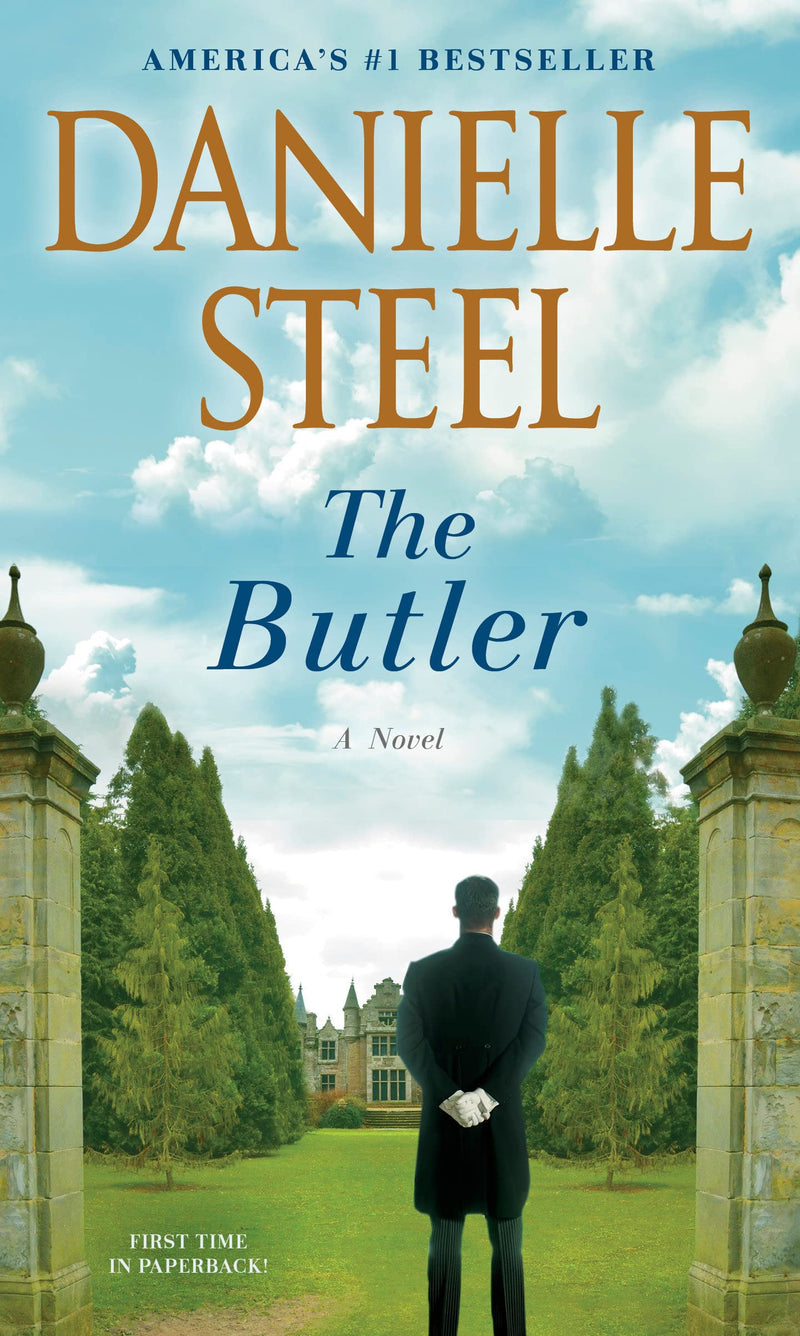Billie Holiday and Etta James: The Lives and Legacies of the Famous Jazz Singers
ISBN: 9781541055230
*Includes pictures
*Includes the artists' quotes about their lives
*Includes online resources and a bibliography for further reading
*Includes a table of contents
If Billie Holiday wanted to become a jazz singer, she chose the best of all eras in which to attempt it. A wave of great jazz and jazz/pop crossover artists swept over the United States from the 1920s through the 1950s, generating a golden age for the genre. This wondrous jazz era was well represented by both black and white master artists, men, women, vocalists, and instrumentalists, and Billie Holiday has stood the test of time as well as any, despite struggling with an environment that easily could have doomed such aspirations.
Emerging from such a powerful group of talented vocalists was not easy. The woman who has come to represent a model of great, instinctive jazz singing came from nowhere, had nothing, and virtually had no one who was truly helpful in her background. She was raw and untrained but went forward regardless, with limited and quirky vocal gifts, the likes of which had never been heard in the highest circles of jazz. This especially was true among women, where perfection of phrasing and a smooth style of delivery stood as the unspoken guidelines of vocal success. No female counterpart of Louis Armstrong, one of Holiday’s idols, was ever going to survive in the female jazz world for long, except perhaps as a novelty.
*Includes the artists' quotes about their lives
*Includes online resources and a bibliography for further reading
*Includes a table of contents
If Billie Holiday wanted to become a jazz singer, she chose the best of all eras in which to attempt it. A wave of great jazz and jazz/pop crossover artists swept over the United States from the 1920s through the 1950s, generating a golden age for the genre. This wondrous jazz era was well represented by both black and white master artists, men, women, vocalists, and instrumentalists, and Billie Holiday has stood the test of time as well as any, despite struggling with an environment that easily could have doomed such aspirations.
Emerging from such a powerful group of talented vocalists was not easy. The woman who has come to represent a model of great, instinctive jazz singing came from nowhere, had nothing, and virtually had no one who was truly helpful in her background. She was raw and untrained but went forward regardless, with limited and quirky vocal gifts, the likes of which had never been heard in the highest circles of jazz. This especially was true among women, where perfection of phrasing and a smooth style of delivery stood as the unspoken guidelines of vocal success. No female counterpart of Louis Armstrong, one of Holiday’s idols, was ever going to survive in the female jazz world for long, except perhaps as a novelty.








